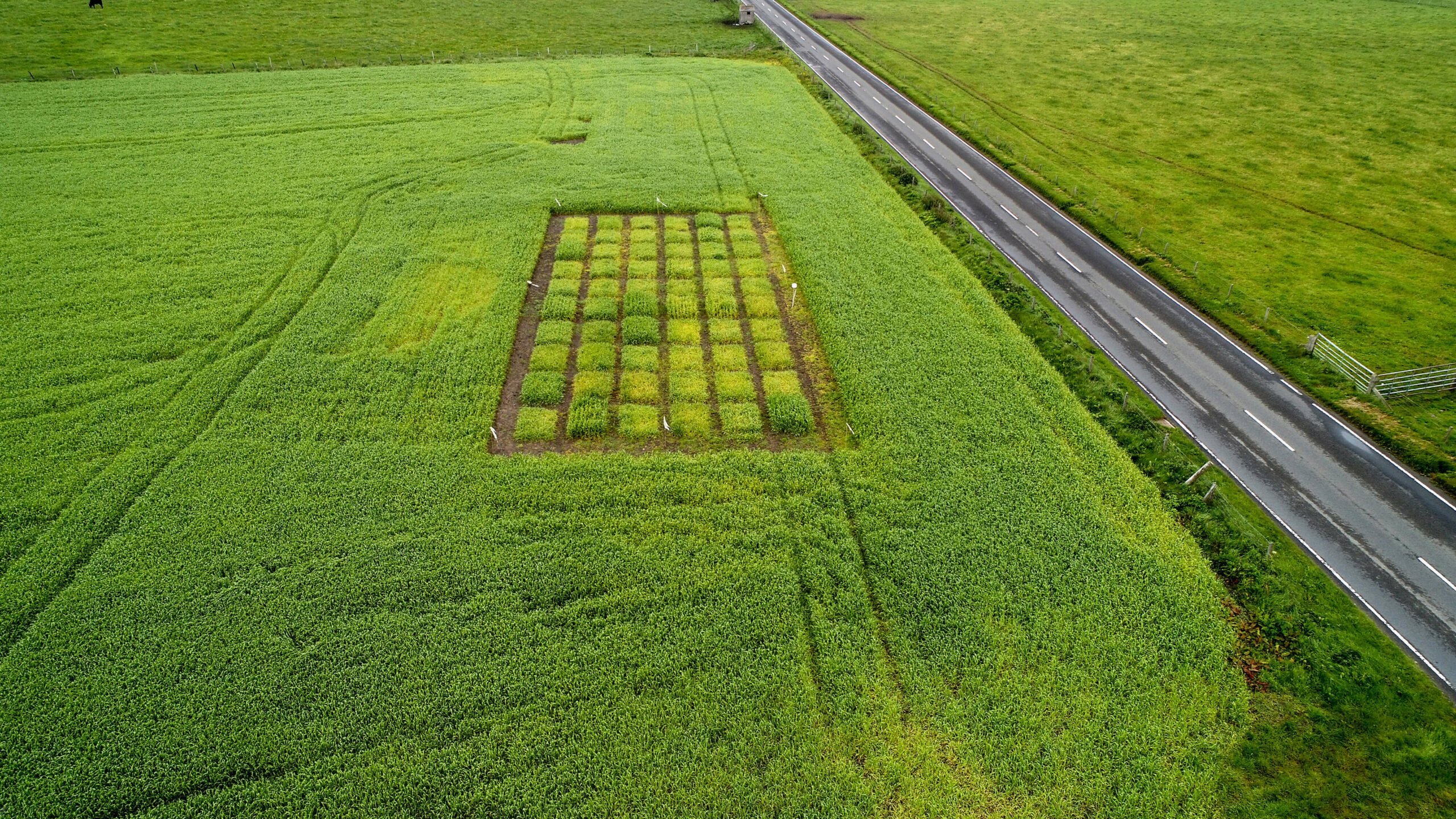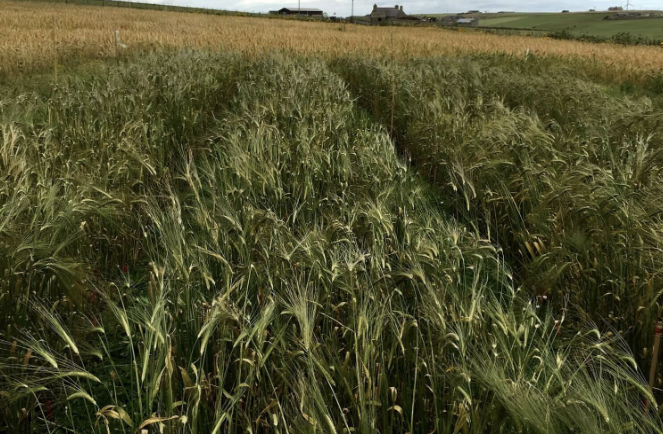Our research
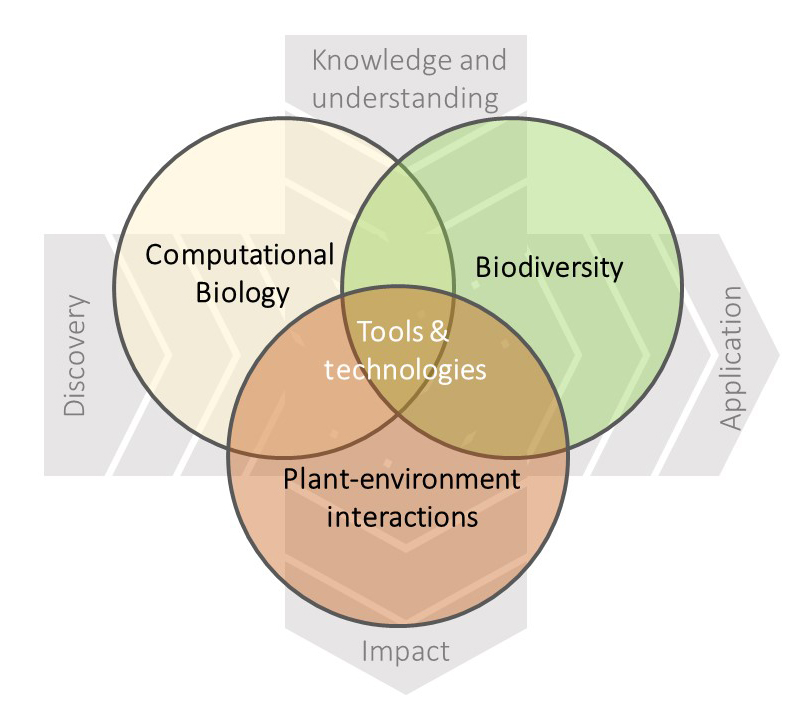
The International Barley Hub is a world leading centre of excellence in barley science supporting the supply chain through industry focused research, innovation and knowledge exchange.
Our science is based upon the principle that ‘discovery research’ is critical for driving the translational opportunities that will ultimately deliver real world impact. Our science is organised as three broad overlapping themes – Biodiversity, Environment and Data Science – that together encompass genome-enabled genetics, crop physiology, and biological informatics. The themes are underpinned by the development and provision of contemporary technologies, resources and facilities, along with extensive and unique germplasm collections that we both develop and characterise at scales ranging from lab to field and genes to traits.
An overarching aim is to understand barley genetic diversity and to discover causal links between genetic variants and traits of agricultural value and importance. Ultimately, we want to understand how these links can be exploited to drive impact in agriculture and end use sectors.
Banner image: ‘Flapjack’ representation of genotypic data from a section of a single barley chromosome in around 300 different genotypes. The different colours (green, red, orange and blue) represent different SNPs (ACGT).
Research themes
We are involved in a large and diverse set of national and international projects with industrial and academic partners which sit under three themes.
About barley
Barley is the fourth most important cereal crop in the world, grown in more than 100 countries and used for animal feed, human food and the production of alcohol. Global production of Barley is currently around 150 million tonnes and this is expected to increase with demand from developing economies. We are working collaboratively to produce solutions to these challenges.
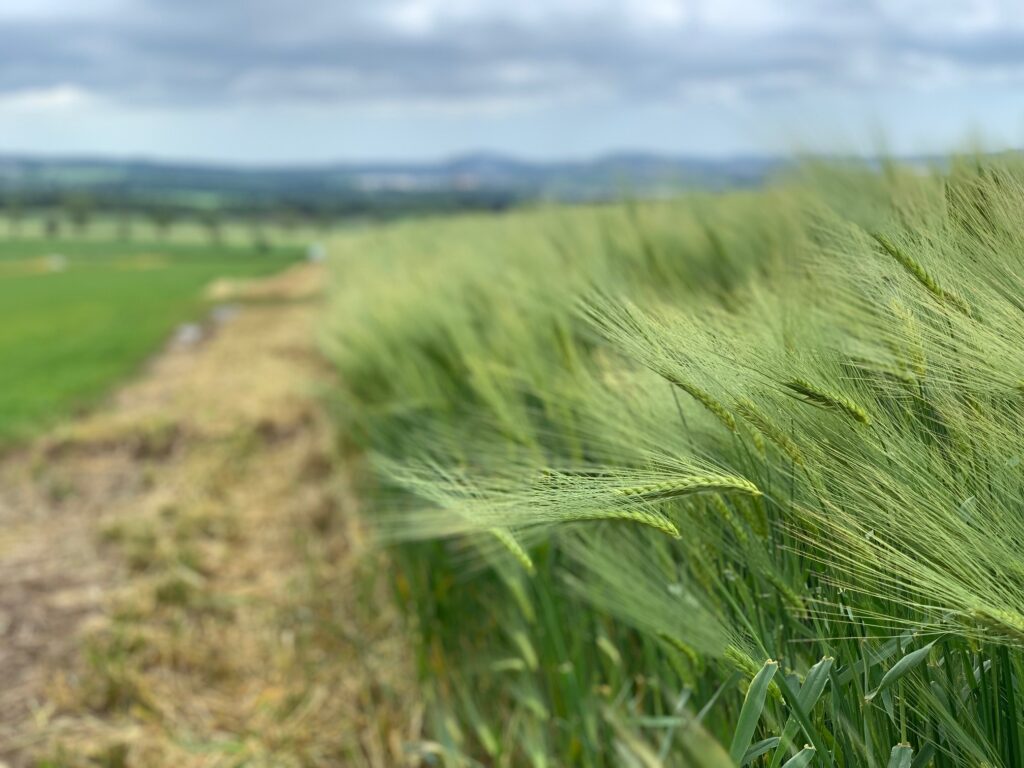
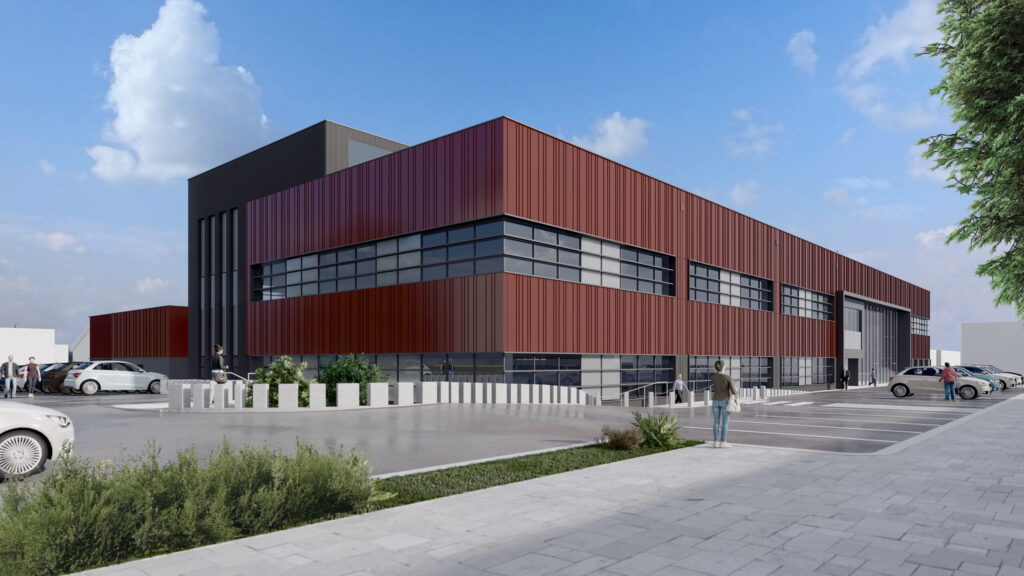
Our facilities
Positioned between research and industry, the IBH’s key facilities will bring together a range of technologies in a single research facility to address the global challenges facing barely breeding and production.
